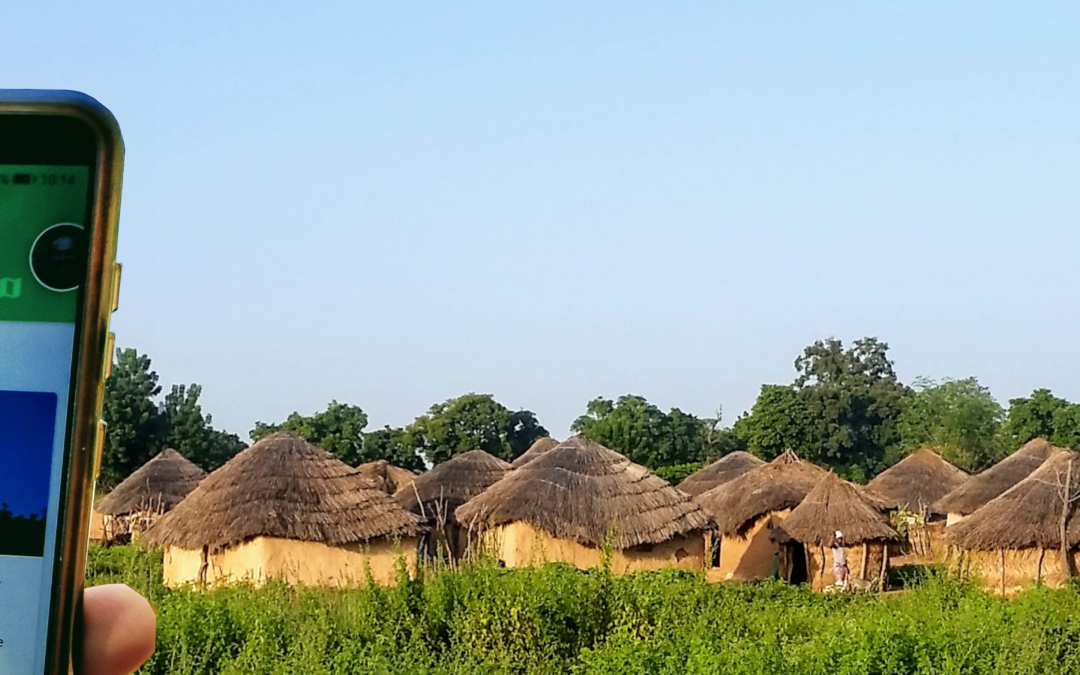DIGITAL FOOD SYSTEMS EVIDENCE CLEARING HOUSE

Implemented in:
Primary users:
Food system component(s):
Food system activity/ies:
Type(s) of digital intervention:
GeoFarmer is a user-friendly and flexible tool to gather field data for evidence building for implementation of agricultural development projects. The GeoFarmer app is designed to support experience exchanges (positive or negative) between farmers.
Description
For agricultural development projects, GeoFarmer can facilitate two-way interaction and better follow-up with the farming community! GeoFarmer is an app designed to support experience exchanges between farmers – be they positive or negative – so that they can learn from each other by asking questions and by sharing suggestions on how their crop, animal and farm management can be improved. Project implementers can also use it to obtain continuous feedback and follow up with farmers during project implementation. GeoFarmer is a flexible tool that can be used for data collection (including spatial functionalities and location data to geo-reference information), as a knowledge library, or for efficient monitoring and evaluation of agricultural technologies and practices implemented by farmers.
Estimated number of active users:
- At inception: 50
- At time of last report: 2000
Evidence of impact
Next-users describe Geofarmer as a user-friendly, flexible tool to gather field data for evidence building of implementation of agricultural development projects. CCAFS used it to track indicators on climate-smart agriculture adoption in study sites. CCAFS (CGIARs Climate Change, Agriculture, and Food Security Research program) and its partners have used it in more than 10 countries in 3 geographical regions Asia, Africa, and the Americas. Using GeoFarmer, CCAFS have collected survey data from more than 2.000 households and following up on changes every year since 2017.
During initial pilot phases, we also tested the knowledge-sharing module and have received positive feedback: “An app like this gives farmers a voice and helps close the communication gap between people working in the development sector, researchers working on development technologies, and farmers. We are better at understanding farmers’ needs and we’re more responsive to emerging opportunities and unanticipated challenges”. Implementing learnings from usability studies, we now will scale GeoFarmer to new study sites.




